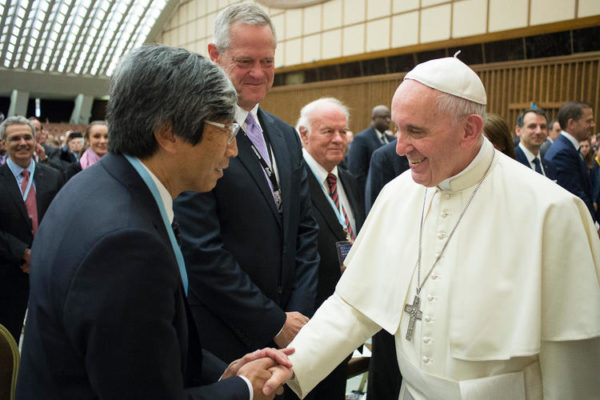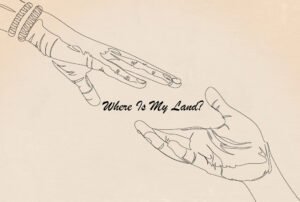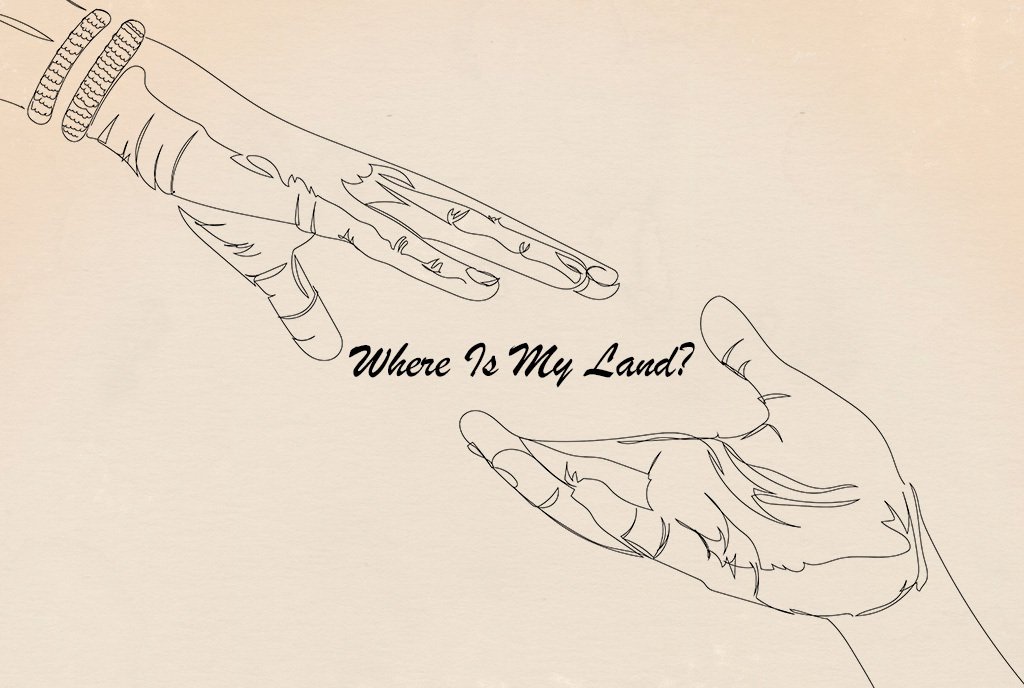
March 6, 2017; STAT
As a certain infamous talk show host likes to say, “The best predictor of future behavior is relevant past behavior.” That appears to be the case for Dr. Patrick Soon-Shiong, whom we wrote about yesterday when STAT revealed that he had made a $12 million donation to the University of Utah, $10 million of which was immediately slated to be spent at NantHealth, one of his companies, and would advance his own business interests in a number of ways. It seems a particularly outrageous example of how some corporations or business interests treat philanthropy as a tool for making profits. But, apparently, this is not the first time for Soon-Shiong.
Rebecca Robbins, who’s reporting on this story for STAT, revealed that as late as six months ago, Soon-Shiong’s public charity announced it would donate $20 million to children’s hospitals in California and Pennsylvania for a research study on sequencing brain tumor samples. In the same press release that announces the grant, it is also announced that Soon-Shiong’s company NantHealth would be contracted under the grant. A later press release revealed that a portion of the grant would also go to buy NantHealth’s GPS Cancer tests.
Robbins also writes about “a legal battle between Soon-Shiong and Bayonne Medical Center, a New Jersey hospital”:
A firm controlled by Soon-Shiong and Bayonne’s owner are suing each other over a contractual dispute. It’s related to an old loan that one of Soon-Shiong’s companies issued to the hospital when it was in financial straits nearly a decade ago.
Sign up for our free newsletters
Subscribe to NPQ's newsletters to have our top stories delivered directly to your inbox.
By signing up, you agree to our privacy policy and terms of use, and to receive messages from NPQ and our partners.
Bayonne’s owner, a firm called IJKG, took aim at Soon-Shiong’s charitable giving in a filing in 2015.
IJKG alleged that Soon-Shiong used its interest payments on the loan to make purported donations to a number of hospitals—“in exchange for the hospitals’ promise to purchase [NantHealth’s] products and services.” The stream of income anticipated from those agreements “artificially inflated” NantHealth’s value and Soon-Shiong’s personal stake in his company, the filing alleged.
Soon-Shiong, as you may recall from yesterday’s story, met twice with the Trump as president-elect last year, apparently in an attempt to promote himself as health czar. Trump, of course, has had his own issues mixing business interests with his “charity.”
Of course, these kinds of manipulations have been suspected in big-pharma charity for some time, although these seem to be giant-sized. We have written repeatedly about the relationships between pharmaceutical and medical device companies and the patient advocacy groups in a position to ease the market even for the priciest of drugs through a combination of lobbying and other activities. These sweetheart deals, legal or otherwise, are certainly immoral, and as they are exposed, it’s a lousy look for philanthropy. NPQ would love to see philanthropy speak out more about the inappropriate nature of such violations of public trust and taxpayer money.—Ruth McCambridge












